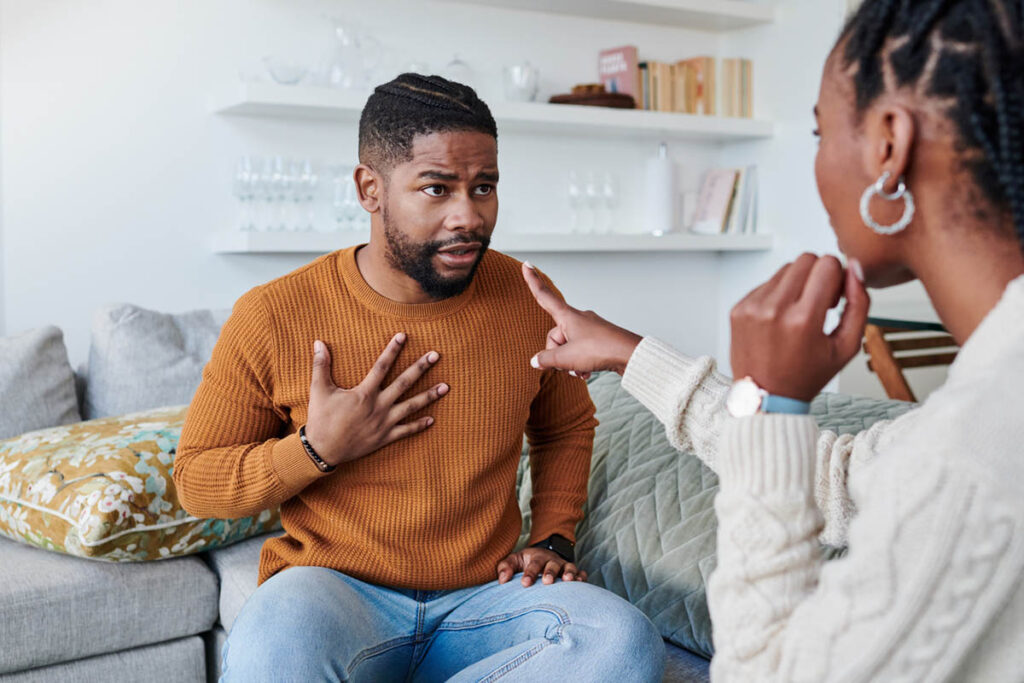"Make new friends, but keep the old. One is silver, the other gold."
You may or may not be familiar with this song – made popular by the Girl Scouts of America – yet the message rings true. Friendships, both new and old, are essential to our well-being and can help us thrive as individuals. But sometimes, life gets in the way of our oldest relationships: Your high school buddy attends a different college, your best friend moves three states away, or you have a falling out with the person who used to be your closest confidant. Years pass, and you’re left wondering, “Is it worth reconnecting with these old friends? How would I even start?”
Dr. Kim Eckert, a clinical psychologist with Roots Counseling Center, spoke with us about the value of old friends and how to begin the process of reigniting those relationships.
The Gift of "Old" Friends
There’s something special about old friends. They’ve loved you at your worst, cheered you on at your best, and often played a major role in your life. Dr. Eckert explains, “Old friendships remind us of who we are underneath our roles and responsibilities. They can remind us of the qualities or characteristics that have been part of our identity and been sustained over time. There’s also something precious about a friendship that has been maintained over the years, even if life has taken you in different directions.”
If you’ve allowed one of your best friendships to wither, it may be time to bring that person back into your life. While not all old friendships are worth pursuing (for a variety of reasons), it can be a rewarding experience to reconnect with someone you love.

How to Revive an Old Friendship

First, you need to identify the meaningful people in your life whom you miss. Maybe it’s a college roommate, maybe it’s your childhood neighbor, or maybe it’s someone you’ve only lost touch with for a few months. Then, you have to take the leap – and social media is a great place to start.
“In the current cultural landscape, social media is a helpful tool for reconnecting with friends in a nonthreatening way,” Dr. Eckert says. “With just a simple friend request or a brief personal message, you can reach out and test the waters to discover if an old friend is interested in reconnecting with you. This allows both parties to consider whether they want to reignite a friendship without pressure.”
At this step, it’s important to manage expectations of how the friendship will play out. “Remember that any friendship involves two people – with two different sets of expectations and memories of the friendship from the past,” shares Dr. Eckert.
“If you are interested in reviving a friendship, all you can do is reach out and communicate that desire to the other person. It’s up to them to decide how to respond.”
Once you’ve reached out and your friend has responded positively, you can begin making plans – and actually set a date! A coffee run or Saturday brunch are examples of casual, yet intimate activities that allow you to chat one-on-one, fostering essential communication that sets the stage for the next step of your friendship. Embrace that the interaction may be awkward at first; if nothing else, you can swap stories of past memories that will help build the bridge to more current topics.
How do you approach a friend whom you've hurt in the past?
Dr. Eckert advises taking ownership and apologizing for what you did or said (or what you didn’t do or say). She adds, “If you suspect that you may have hurt a friend, but you don’t know what you did, then you might share your desire to make amends. Communicate directly that you care about them and miss them. Tell them you are interested in hearing their story about what happened in your friendship. Let them know that you want to make it right.” If your friend chooses to open up to you, listen and try to understand their perspective in order to move forward.

Dr. Kim Eckert
Clinical Psychologist, Roots Counseling Center




